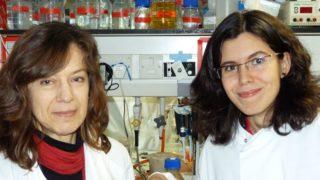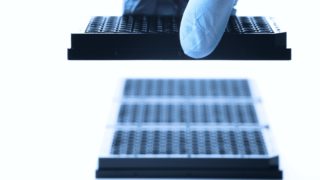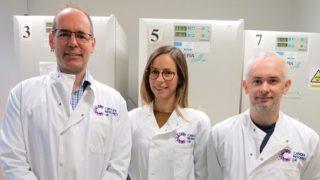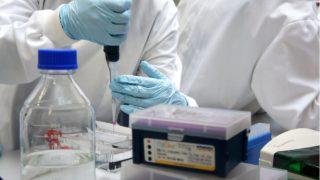Tag: Drugs
Search News
Categories
Archives
Using a modified adenovirus to overcome treatment resistance in prostate cancer
27th April 2018
Researchers from BCI’s Centre for Molecular Oncology, led by Dr Gunnel Halldén, have identified a mechanism by which a modified flu-like virus, called AdDD, is able to negate resistance to a drug called mitoxantrone and increase tumour cell killing in prostate cancer models. This mechanism is dependent on B-cell lymphoma 2 (Bcl-2)- a protein involved in the regulation of cell death (apoptosis).
Read moreDetermining the mechanisms of response and resistance to treatment in bladder cancer
29th March 2018
A worldwide collaboration involving BCI’s Prof Thomas Powles, Centre for Experimental Cancer Medicine, has revealed mechanisms involved in the development of response and resistance to an immune checkpoint inhibitor in metastatic urothelial cancer. The findings may highlight ways to improve the efficacy of this treatment in the hope of achieving long-term remission for patients.
Read moreSwitching on survival signalling to drive drug resistance
27th February 2018
Researchers at the Barts Cancer Institute (BCI), Queen Mary University of London, led by Dr Richard Grose, Centre for Tumour Biology, have discovered that the loss of a single protein- PHLDA1- is sufficient for the development of drug resistance to a type of targeted therapy in endometrial and HER2-positive breast cancer cells.
Read moreSome leukaemia patients may be missing out on new treatments
11th January 2018
Patients with an aggressive form of leukaemia, currently ineligible for any type of targeted therapy, may in fact benefit from new drugs, according to new research by Barts Cancer Institute at Queen Mary University of London.
Read more



